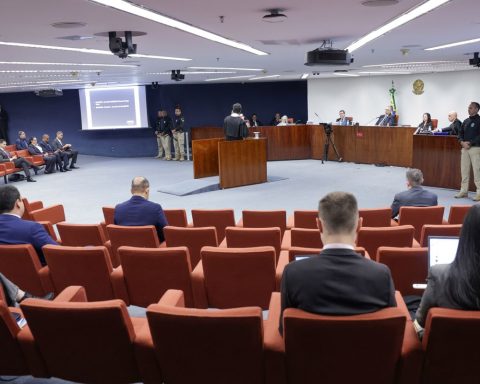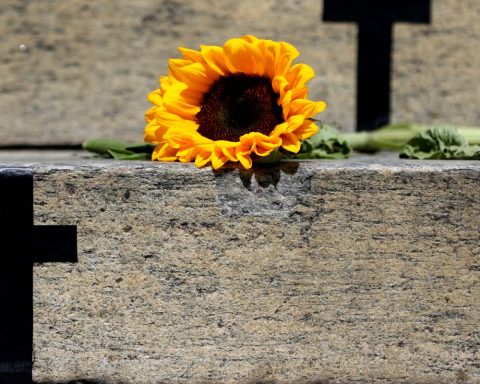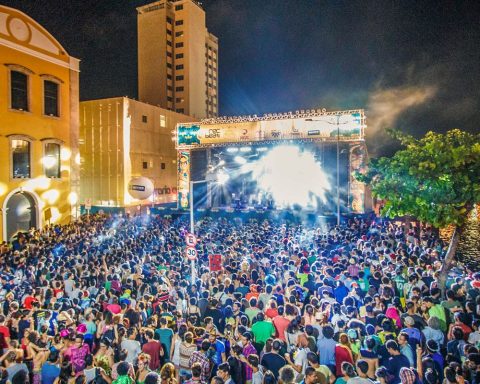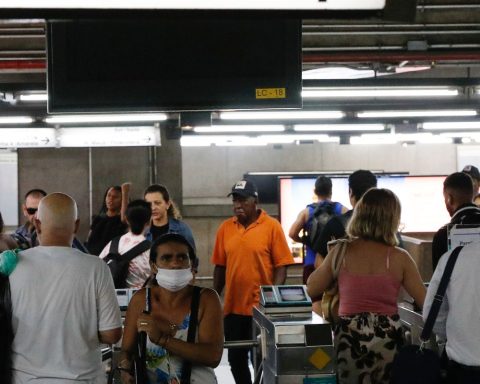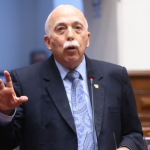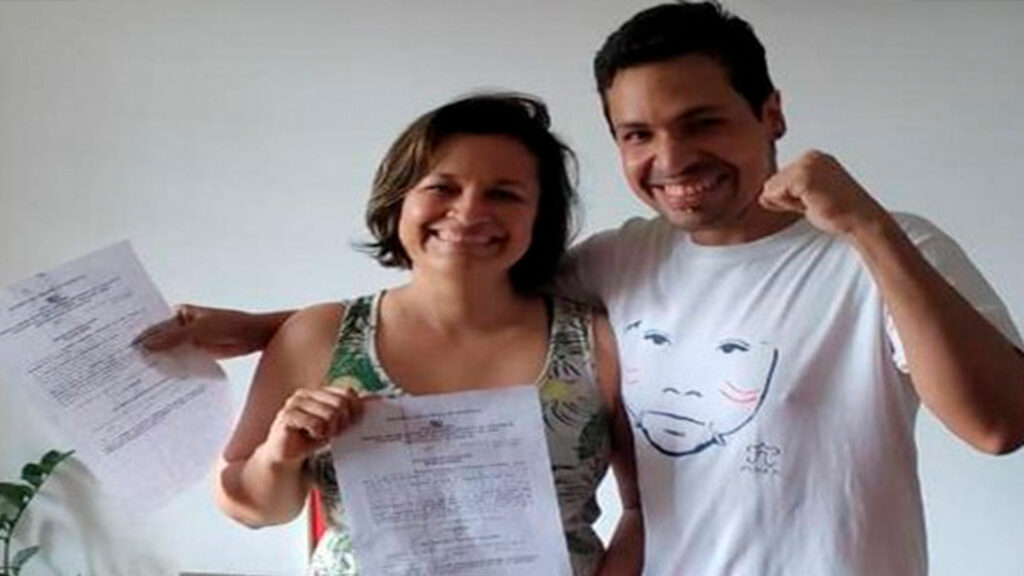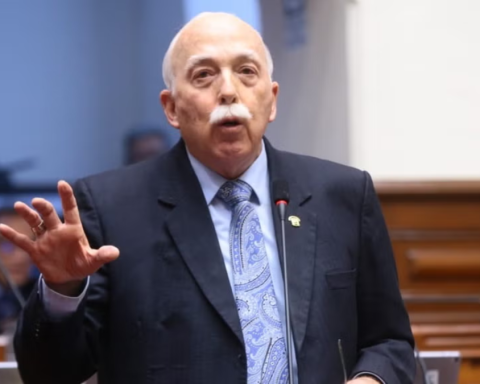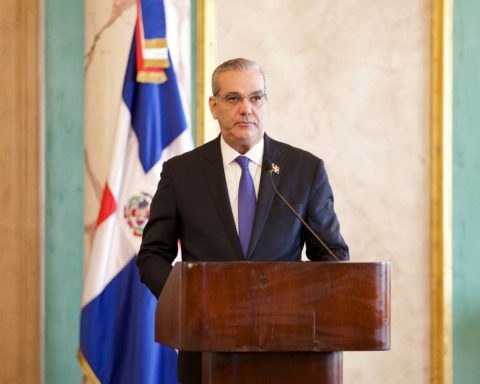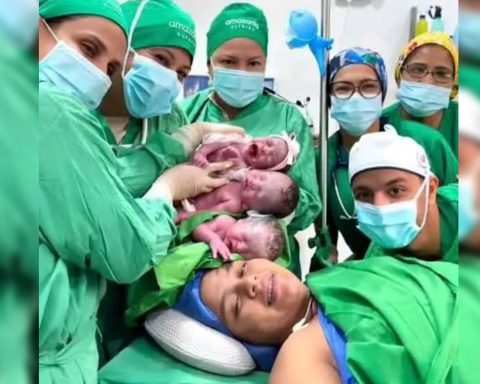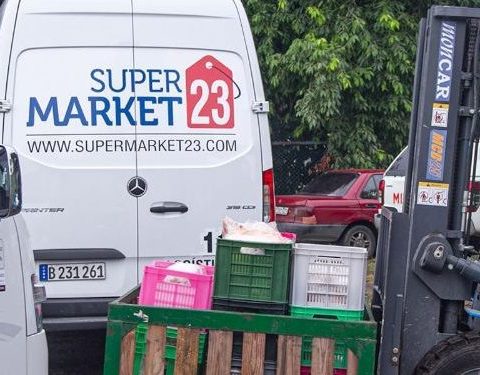A survey by researchers from the Graduate Program in Human Rights and Public Policies (PPGDH), at the Pontifical Catholic University of Paraná (PUCPR), points out that, as much as the number of people in vulnerable situations has been growing in Brazil, resources earmarked for social protection have fallen since 2019.
“In practice, what we see is the underfunding of the social assistance system. The budget for the sector – approved in the Annual Budget Law (LOA) – has remained below BRL 2 billion a year since 2019, when the amount was BRL 1.9 billion. In 2020, it was BRL 1.4 billion, while in 2021 it reached BRL 1.1 billion and, in 2022, BRL 1 billion. By way of comparison, in 2014 the budget for social assistance was BRL 3.1 billion”, says the study.
In Brazil, social assistance is organized through the Unified Social Assistance System (SUAS) and aims to guarantee social protection to citizens, providing support to people, families and the community in coping with their difficulties, through services, benefits, programs and projects. According to the researchers, with an increasingly reduced budget for the sector, the performance of social assistance is weakened.
For the PPGDH professor at PUCPR, Jucimeri Isolda Silveira, the enactment of Constitutional Amendment 95/2016 six years ago, which established the new tax regime and the so-called “expenses cap”, contributed to this situation, but there are other factors to be analyzed.
“Management changes are generating queues at the Social Assistance Reference Centers (CRAS) across the country. It is in the municipalities that citizens in situations of unemployment, informality, poverty and food insecurity seek access to register and update information, in the hope of receiving benefits such as the Auxílio Brasil and the Benefício de Prestação Continuada (BPC)”, he said, in a note. , the teacher.
Greater social vulnerability
At the same time that resources for social assistance are reduced, poverty is growing in the country. Resources for the homeless population, for example, dropped from BRL 88.4 million in 2019 to BRL 36.1 million in 2021, according to the SUAS Project.
Regarding the fight against child labor, actions such as the Program for the Eradication of Child Labor no longer receive federal funds.
“The withdrawal of resources from social assistance, as well as from health, education and food security, penalizes the population that is in a situation of greater vulnerability, which suffers from inequality, and negatively impacts the municipalities that offer services integrated to the benefits. These services must be co-financed by the Union and the states, on a regular basis, through public funds, with technical and transparent criteria and in sufficient volume to meet the demands for social protection”, added Jucimeri.
